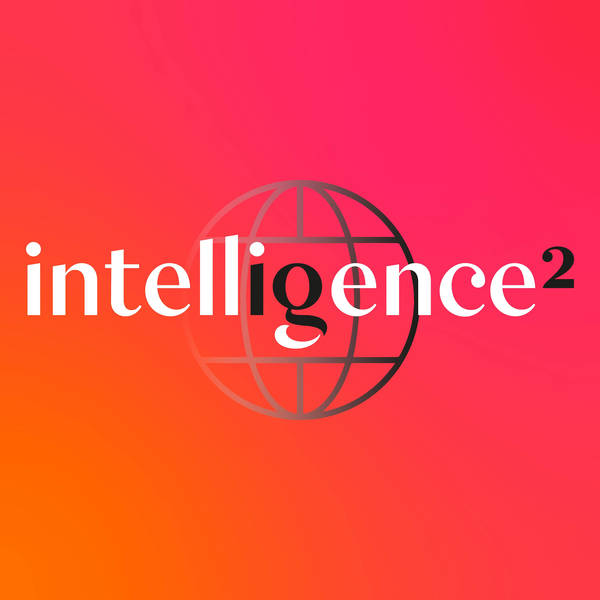
Is Gene Editing The Next Great Health Revolution? Part II
Ever since the discovery of DNA scientists have been on a quest to understand the secrets of the human genome. This quest has not only involved analysing the role genes play in making us who we are – the history of genetics has also been shaped by a desire to explore how far our genes can be altered or enhanced.
In 2012, the discovery that a molecule known as CRISPR could be programmed to add and remove elements of DNA marked a huge leap forward, transforming research into treatments for diseases as varied as cancer, Alzheimer’s, sickle cell and HIV, as well as many rare genetic conditions.
In this conversation, recorded at the Francis Crick Institute in London, our panel explores the urgent ethical questions that these advances have unleashed. Chaired by Dr Guddi Singh, the panel featured Tom Whipple, Science Editor at The Times, Shani Dhanda, an award-winning disability activist and inclusion specialist, Dr Güneş Taylor, postdoctoral research scientist at the Francis Crick Institute, and Jimi Olaghere, one of the first people in the world to take part in a life-changing clinical trial using gene therapy to treat sickle cell disease.
In this episode (Part II) the panel responds to questions from the audience on the real life implications of gene editing, and the role society should play in regulating the field. If you missed part one of this conversation, please go back and listen now.
The event was organised to coincide with a free exhibition at the Francis Crick Institute, London called ‘Cut and Paste,’ exploring the future and ethics of gene editing. The exhibition runs until December 2023. Visit https://www.crick.ac.uk/CutandPaste to find out more.
Learn more about your ad choices. Visit podcastchoices.com/adchoices
